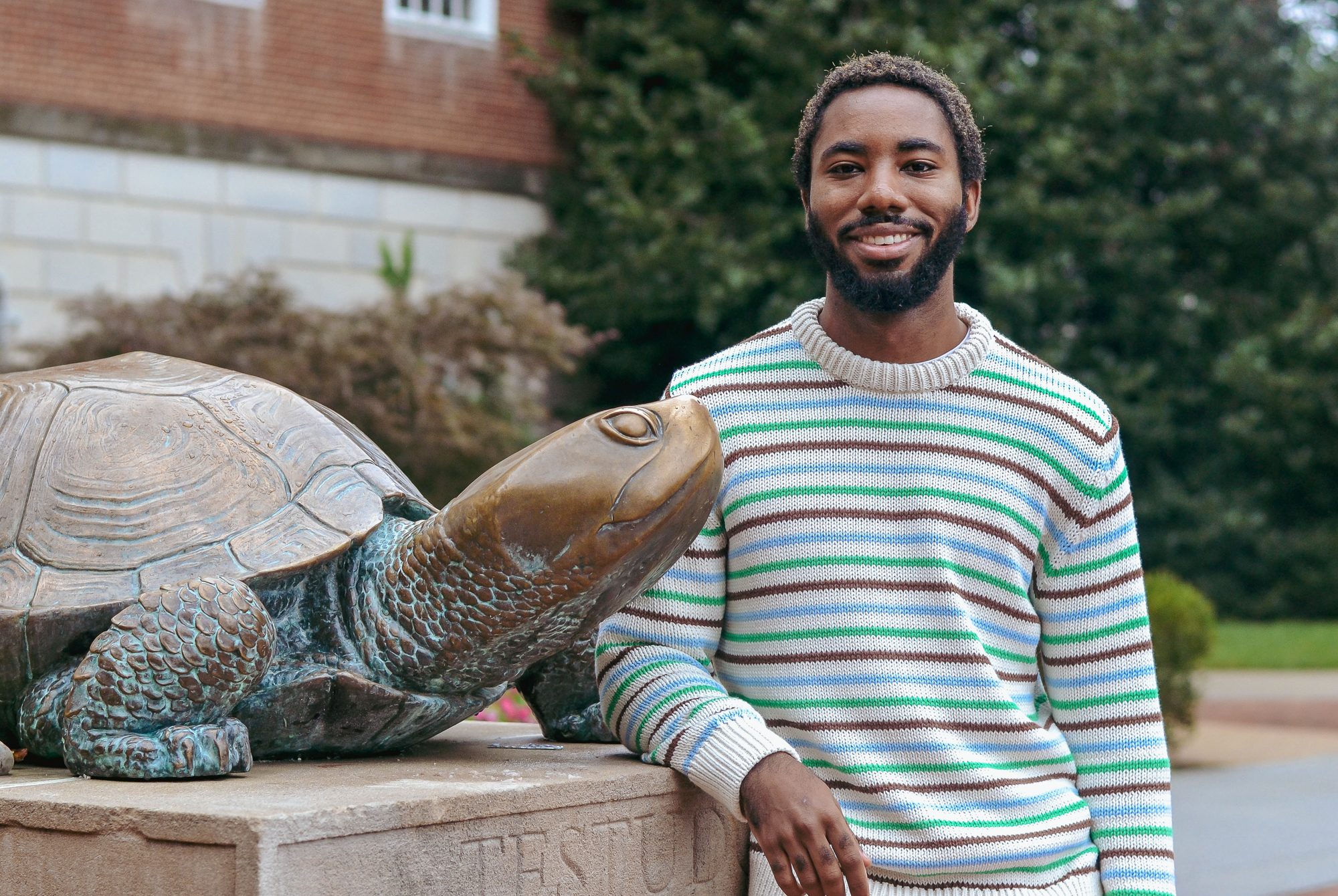The Ford Foundation is ending its 60-year-old diversity fellowship program, announced foundation President Darren Walker on Sept. 16.
The fellowship was designed to increase the racial and ethnic diversity of higher education faculties. University of Maryland students and faculty have expressed concern over the foundation’s decision, saying it could negatively impact graduate students who depend on the fellowship funding.
Fellowship recipients receive an annual stipend and can attend the Conference of Ford Fellows — where they can get personal mentoring and meet with other award winners. The awards are geared toward students working in a variety of fields, according to Walker, and are currently administered by the National Academies of Sciences, Engineering and Medicine.
The education landscape has improved for funding opportunities for graduate students, Walker said. An increase in philanthropic support from organizations such as the Gates Foundation allowed the organization to redirect funding once put toward the fellowship to other areas of social justice.
[UMD GSG passes resolutions on workers’ rights information, student fee transparency]
“We recognized the need to invest more deeply in movement-building work — an essential catalyst for social change that receives only a fraction of racial equity funding,” Walker wrote in the statement.
The foundation will accept another cohort of fellows for the 2023 school year and a “limited number” in 2024.
Joey Haavik, a graduate student in the international education policy program and the Graduate Student Government president, said the foundation’s decision will decrease opportunities for students to pursue advanced degrees.
“The exorbitant cost around graduate school and also just higher education in general continues to be a barrier for historically minoritized and marginalized communities,” Haavik said. “When you have a fellowship, like the Ford Foundation’s, come in and fully try to break that system of elitism and supremacism. It really does make a difference.”
Physics doctoral student Anthony Munson agreed with Haavik.
Munson received a Ford Foundation fellowship in April for his research into the intersection of quantum physics, information theory and thermodynamics.
The doctoral student said though the foundation’s decision is “a bit unfortunate,” he’s happy to have been a part of the legacy the foundation left.
[Despite stipend increases, UMD graduate assistants still struggle financially]
“There are many fellows who form a community that I get to be a part of, so I’m looking forward to being a part of that,” Munson said.
Still, the gap left by the foundation may have a negative impact on the accessibility of graduate studies, especially for underrepresented communities, he said.
Many of the organizations Walker listed in his announcement that financially support students have fellowships geared toward undergraduate students, Munson said.
“That’s certainly a different issue, especially if one is concerned with the development of minority educators and researchers,” Munson said.
Haavik said fellowships are often very specific, which limits the numbers of eligible students.
Nicole Halpern, a physics professor at the university, said there weren’t many fellowships in the field of thermodynamics, especially for those with “foundational inclinations” such as Munson.
Munson said he sees the Ford Foundation’s legacy as a “great benefit to society.”
“Hopefully there will be other organizations and people who want to continue the fellowship’s prior mission to help minority scholars,” Munson said.



